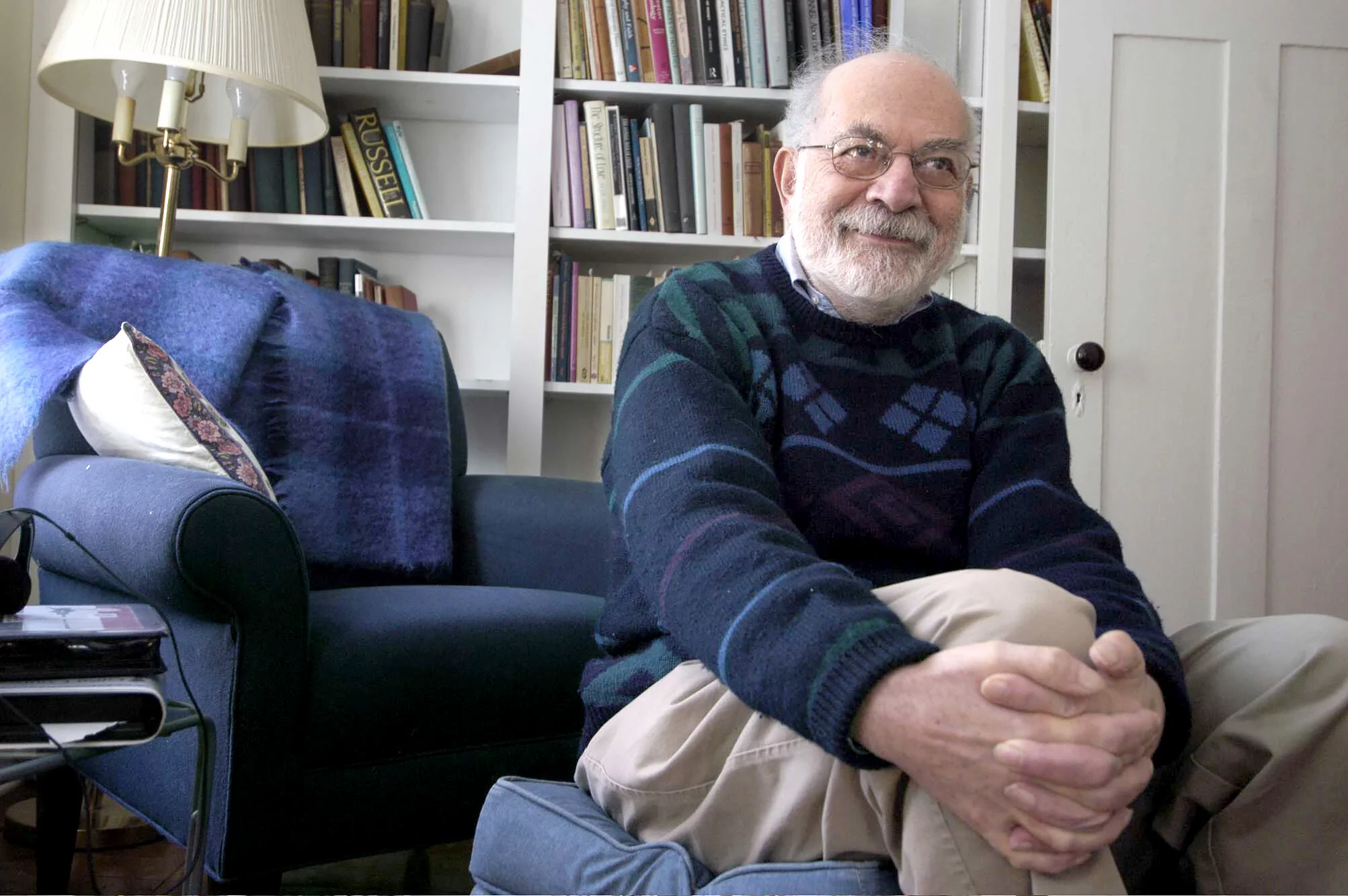Last week, philosopher Harry G. Frankfurt passed away. As a young adult, his essay “On Bullshit” completely changed how I thought about truth and lies, especially given a personal history with family who had a tenuous relationship with the truth. When I heard the news of his death, I felt pulled to read it again, wondering if it would hit differently after a couple decades of life experience.

In this small but masterfully wordsmithed work, Frankfurt breaks down the concept “bullshit”. His main point still feels spot-on today: unlike liars, who know what’s true but choose to say the opposite, bullshitters simply don’t care about truth. They’re focused on getting what they want, whether their words are true or not.
Three ideas from Frankfurt have stuck with me over the years:
Liars vs. Bullshitters. Both deal in falsehoods, but in totally different ways. Liars actually respect truth - they know what it is and deliberately avoid it. Bullshitters, on the other hand, just don’t think truth matters at all. Frankfurt argues this makes bullshit more dangerous than lying in the long run.
Truth starts to seem optional. When bullshit becomes common, it doesn’t just spread false information - it makes people question whether facts even matter. This undermines how we talk to each other and make decisions together.
It spreads like wildfire. As we get used to bullshit, Frankfurt warns that we start to expect it and even reward it. This creates perfect conditions for manipulation and weakens our ability to think critically.
Looking at today’s world, Frankfurt seems almost psychic. Think about how social media rewards posts that get reactions over ones that get facts right, or how some politicians respond to fact-checkers not by correcting themselves but by attacking the fact-checkers. When officials started pushing “alternative facts” a few years back, they weren’t just being wrong - they were rejecting the whole idea that objective truth should be our standard.
This reminds me of that old story “The Emperor’s New Clothes,” except our modern version has millions of followers ready to swear that invisible clothes aren’t just visible but absolutely amazing.
Frankfurt’s work helped shape my commitment to basing decisions on evidence and being straight with people. Now, some time later, his insights feel less like ivory tower philosophy and more like essential skills for navigating our information-overloaded world. In an era where grabbing attention matters more than being accurate, Frankfurt’s words reminds us what we lose when we collectively shrug at the truth.
